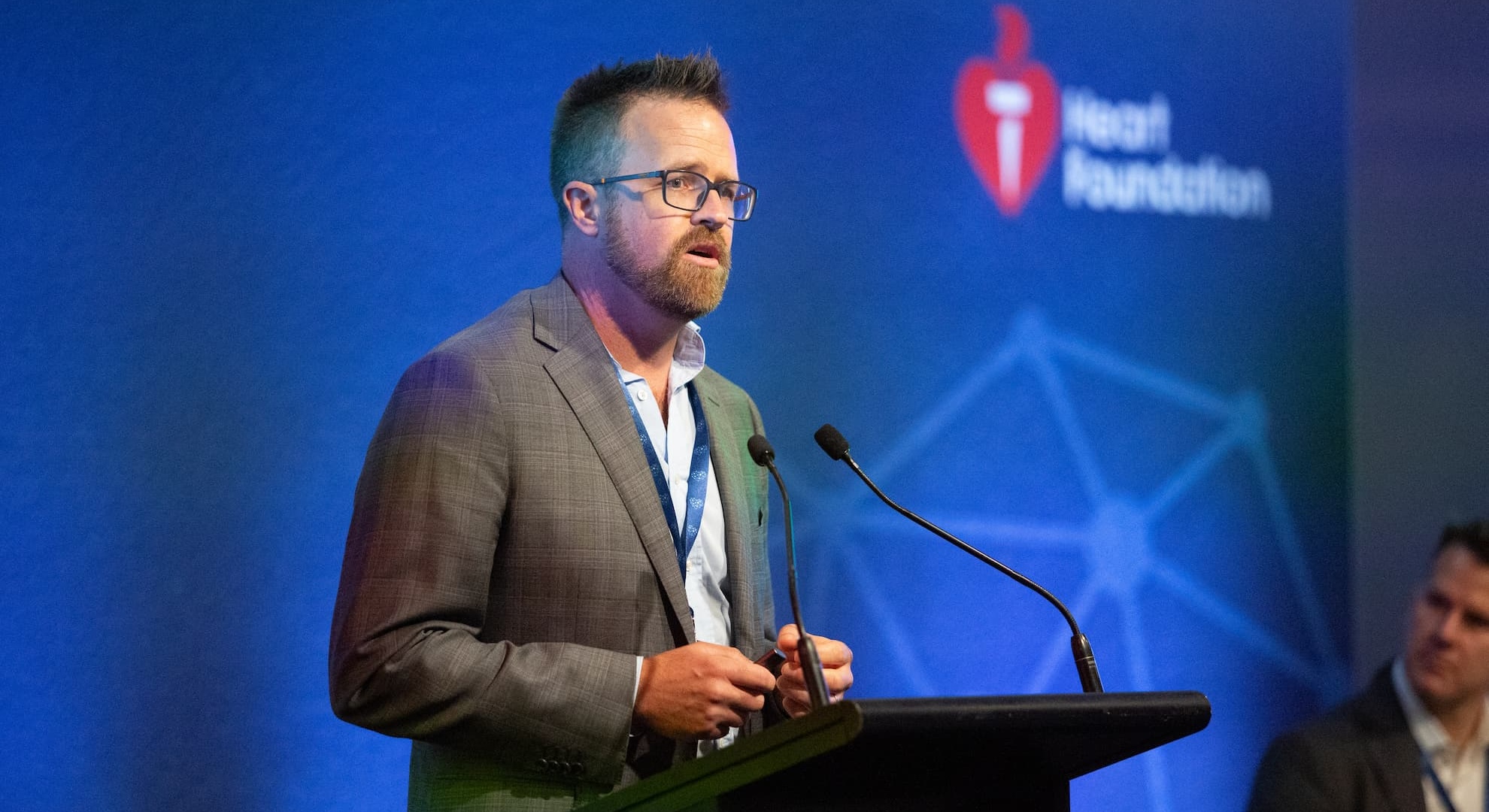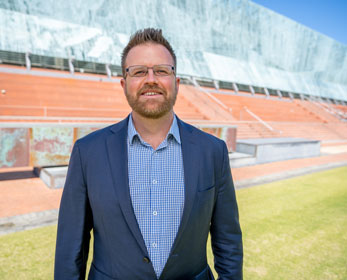A team led by Edith Cowan University (ECU)’s Nutrition and Health Innovation Research Institute (NHIRI) within the School of Medical and Health Sciences has been selected as a Heart Foundation Catalyst Partnership Grants Partner for their solution to screen for blood vessel calcification.
The team including researchers from ECU Centre for artificial intelligence and machine learning, University of Minnesota and University of Manitoba have developed an AI-driven solution to automatically detect and estimate the extent of Abdominal Aortic Calcium (AAC) from low-cost, widely available Dual-Energy X-Ray Absorptiometry (DEXA) scans.
As a Heart Foundation Catalyst Partner, the team received $100,000 from the Heart Foundation to accelerate their project. They will now partner closely with the Heart Foundation to help deliver their innovation, receiving valuable support to attract donors and funders to translate their solutions into real-world impact.
Heart attacks and stroke are leading causes of death globally, with Cardiovascular Disease (CVD) responsible for 11 per cent of all hospitalisations, whilst one in four deaths had CVD as the underlying cause of death.
Existing screening initiatives focus on risk factors and risk equations that often provide little insight into the actual health of an individual’s blood vessels – information that improves an individual’s likelihood of undertaking risk-reducing behaviours.
To date, there are no widely available community-based vascular imaging solutions to screen for abdominal aortic calcification.
Professor Lewis said that ECU’s state-of-the-art artificial intelligence solution automatically assesses the extent of abdominal aortic calcification.
"This solution compliments, rather than replaces, existing tests. Our approach is scalable, and we hope this will transform our ability to monitor and change the trajectory of cardiovascular disease, addressing health inequities, saving lives and reducing healthcare costs in the process," said Professor Lewis.
"Importantly we will partner with the Heart Foundation to accelerate development of this solution and make sure it is integrated into and complements existing CVD screening prevention initiatives."
Find out more about the Heart Foundation Catalyst Partnerships Grant and ECU's Nutrition & Health Innovation Research Institute.

 Professor Joshua Lewis presented at the Heart Foundation’s Catalyst Showcase in March 2025. Image courtesy of Heart Foundation.
Professor Joshua Lewis presented at the Heart Foundation’s Catalyst Showcase in March 2025. Image courtesy of Heart Foundation.



